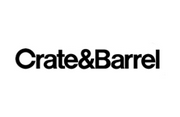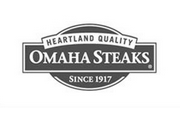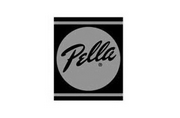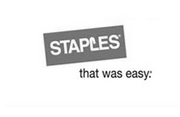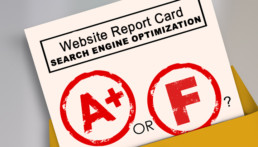
Ten Most Common SEO Mistakes
We have compiled a list of the most common search engine optimization mistakes (SEO) our SEO team has encountered since our start in 2006. Here are the most important and common SEO mistakes that can impact your search engine rankings (not in order of importance).
# 1. Title is not unique
The title tag is the text that will be shown as the page’s title in search results and in the browser’s top bar. You know you’ll never improve Google ranks if your site has the same title for all of its pages. Remember that your website’s title should reflect what the page is about while including a keyword strategy.
# 2. The title character count is too long
Each search engine has its length limit, after which the title is truncated in the results. The best practice is to stay within 70 characters.
# 3. Meta description is not unique
Your meta description is not only critical for your SEO ranking, but it can also dramatically increase your CTR. It’s possible that the text in this section of your website isn’t exactly what makes it appealing and informative. However, consider it an opportunity to improve your conversion rates: write compelling and instructive content that might make the difference between one website and another, thus pushing visitors to click. Then start with the keyword’s important beginning and end your meta description with keywords attractive in simple and direct language.
# 4. Meta description too long
Just like the meta title tag, the description is as important as the length of the title. The character count is a max of 160 characters.
Are you making these SEO mistakes? These are big mistakes and could be affecting your chances of ranking higher in the SERPs.
# 5. No tags H1
To optimize SEO, you must establish a solid outline of the page. The H1 tag is the page’s header; it informs search engines about the document’s topic. As a result, it is a good idea to follow down the chain through h2, h3, and h4. This lets the search engine follow the information’s importance as it scans your pages’ content.
# 6. No hierarchy with tags h2-h6
Having multiple Htags helps search engines weigh the importance of the information. We’ve discovered that including several Htags in our client’s material has resulted in greater success. This provides a road map for search engine robots to follow and promotes further content indexing.
# 7. Broken links (Error 404)
One of the first areas we focus on is links; having a broken link on your site, “page not found,” is detrimental to your organic ranking. In addition, search engines devalue pages with links that don’t work, so it is essential to have a link checker go through all of the links on your site regularly. Pointing your old readers to the new, updated link can be a confusing task, but it’s necessary to maintain a high level of usability for your website visitors. Link audits and analyzation is something that needs to be routinely checked for errors. Your SEO technicians should prioritize this task.
# 8. Poor quality content
With the advent of Google’s new Helpful Content update, you know the need to produce quality content that is interesting and useful to readers. Most of our clients have already invested their time and money to generate content for improved organic rankings because they understand that “content is still king,” and it likely won’t change anytime soon.
# 9. No sitemap present
Yes, you still need an XML sitemap. Your sitemap is critical to the Google spider, so it has a roadmap to index all of your website’s pages. If you don’t have a sitemap, there is a good chance that some of the pages on your website are not being indexed by Google.
# 10. If you are producing quality, add a social sharing button
The Google Helpful Content update makes having a social sharing button on your high-quality content articles even more valuable. This will allow visitors to easily share your content, resulting in more traffic from social media sites. Sharing buttons also help improve your website’s engagement metrics, which is what Google looks at when determining organic rankings.
SEO is an ongoing process. An SEO strategy will ensure you have the best chance to increase your search traffic.
If you’re not making any of these SEO mistakes, congratulations! You are well on your way to achieving higher organic rankings. However, if your site is an offender of some of these mistakes, don’t worry; they can all be fixed with some effort. Improving your website’s SEO is a process that takes time and patience, but it is well worth the effort. You can significantly increase your website’s organic traffic with some dedicated SEO work.
If you need help fixing any of these SEO mistakes, or if you would like help improving your website’s SEO in general, contact us today. We are happy to help!

